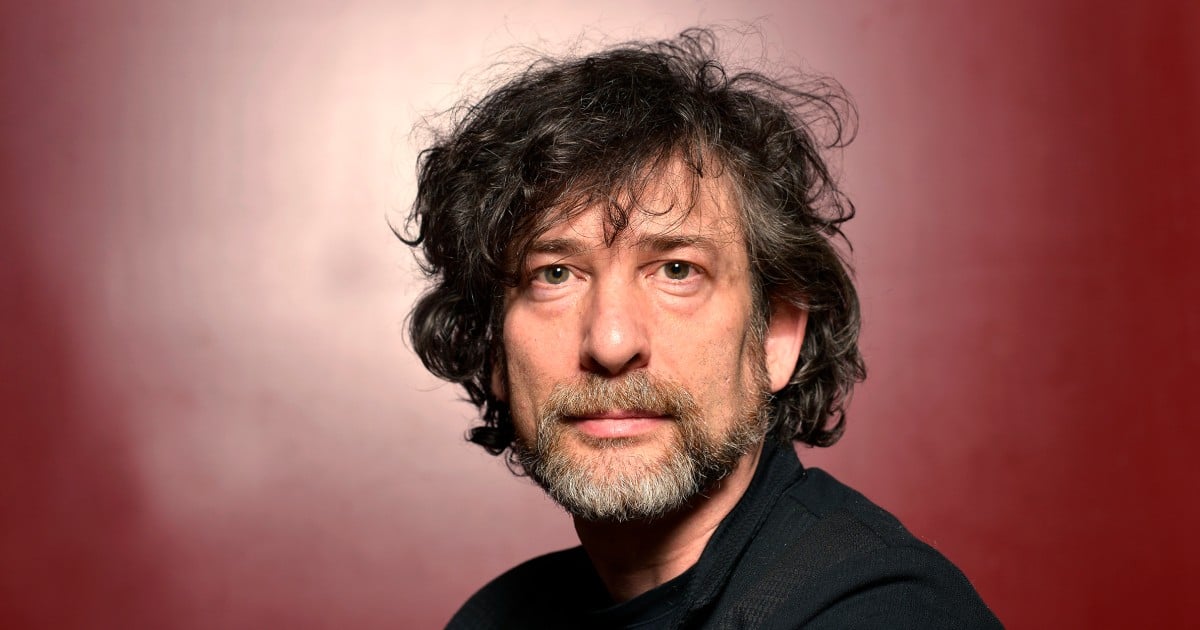- cross-posted to:
- [email protected]
- cross-posted to:
- [email protected]
Leaked emails show organizers of the prestigious Hugo Awards vetted writers’ work and comments with regard to China, where last year’s awards were held.
Organizers of the Hugo Awards, one of the most prominent literary awards in science fiction, excluded multiple authors from shortlists last year over concerns their work or public comments could be offensive to China, leaked emails show.
Questions had been raised as to why writers including Neil Gaiman, R.F. Kuang, Xiran Jay Zhao and Paul Weimer had been deemed ineligible as finalists despite earning enough votes according to information published last month by awards organizers. Emails released this week revealed that they were concerned about how some authors might be perceived in China, where the Hugo Awards were held last year for the first time.



Since most industries treat their awards ceremonies as no more respectable than industry galas + appointing lists of insider-approved “most notable content” awards, I treat them that way! IE I got back into sci fi this year after a hiatus of many years. I looked over the Hugos from the last ten years to find some interesting titles to get me started. While I wasn’t disappointed in the slightest by any of them, I could also tell there’s no way these were actually the best of the best sci-fi from the last 10 years.
And, you know, if the people throwing the gala are smart, they’ll understand it as an advertising event for the whole industry, so the dog and pony show counts, unfortunately. They can, and many do, shit out lists of recent notable titles put together by editors for advertising purposes, but who checks those? Who cares? But holding an award ceremony with judges, that’s something you can get media coverage of. There are pictures to take, controversies to be had, etc. The more unique and interesting it is, and the more credible the dog and pony show, the more excited people get about it.
You can’t sustain that angle of an awards ceremony if it’s obviously just wheeling and dealing. But since it’s all just wheeling and dealing these days, what can you do but throw out the baby with the bathwater? ¯_(ツ)_/¯
I’d agree. Redshirts and Three Body Problem was my Rubicon moment when the Hugos became irrelevant.
The Hugos are a bit different in that voting for the shortlist and the awards is open to anybody who is a WSFS member and attended Worldcon (either digitally or in-person), and that includes a significant chunk of fandom and not just authors and industry folk. In some ways that gives them a bit more credibility than other industry awards because (in theory) there isn’t that sort of payola you’re suggesting in the background. On the other hand that opens them up to manipulation via slate voting campaigns a la Sad/Rabid Puppies, and the more prosaic case of an author with a big fan following winning with a middling entry just on the strength of popularity and name recognition (see Redshirts in 2013, or Nettle and Bone last year). That’s been a problem in the past, but this level of blatant censorship and manipulation is new, and it’s good that it’s attracted the sort of attention and condemnation that it should.
Back when SF and fantasy fiction were more niche interests this maybe wouldn’t have been such a big deal, but the genre has moved mainstream in a huge way in the last decade or two and the Hugos get significant media attention outside of fandom. Winning the Hugo can bring attention and prestige, and make for a significant sales bump for authors in a genre that still doesn’t really sell enough to pay an author’s bills in most cases. Authors in particular need the Hugos to be on the level, or it hurts their ability to get noticed in the larger publishing industry and make a career out of their passion.
This is about the same timeframe since they changed their voting rules to put an end to an evil right wing white supremacist campaign that felt exactly that way. When said campaign actually got their picks nominated, every award they were nominated for went to no award.